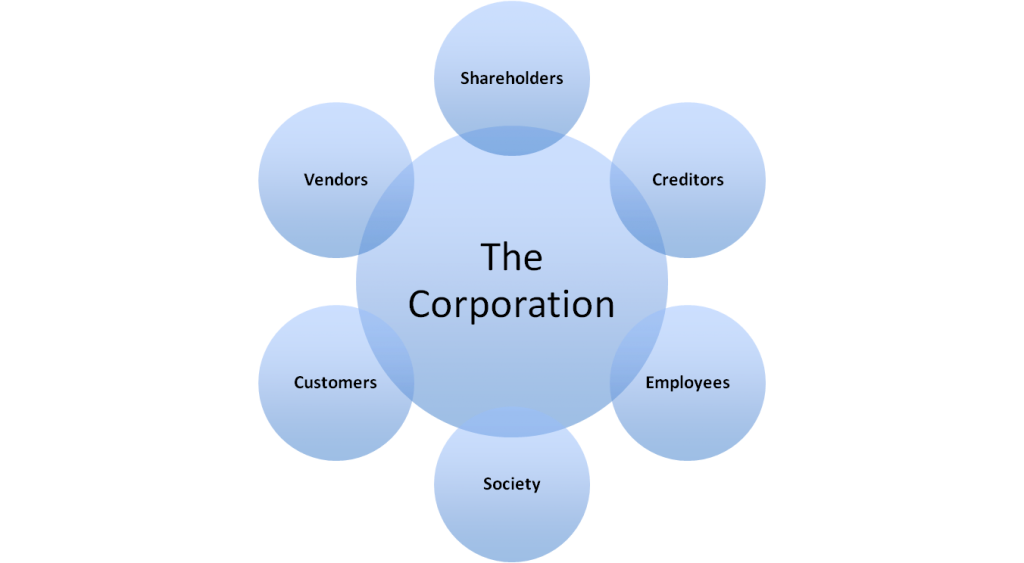Recently, I spoke at an "essentials" program presented by the Society of Corporate Secretaries and Governance Professionals. I was asked to speak on "what is corporate governance"? In my view, practitioners are so caught up in the details of corporate governance that they can easily lose sight of why people are arguing about corporate governance.
Like many, I trace the origins of the corporate governance debate to the Great Depression and Adolph A. Berle, Jr. and Gardiner C. Means. In their radical and seminal book,The Modern Corporation and Private Property, Berle and Means identified the separation between ownership by shareholders and control by professional managers as a crucial characteristic of the public corporation. The current debate on executive compensation can be seen in terms of how to rein in management's incentive to extract "economic rent" from the corporations that they manage (i.e., overpay themselves).
But what of the rise of shareholder proposals relating to labor, environmental and social concerns? These can't be easily framed as a shareholder/manager problem. Another law professor, E. Merrick Dodd, held to the view that managers owe fiduciary duties to society as well. See E. Merrick Dodd, For Whom Are Corporate Managers Trustees?, 45 Harv. L. Rev. 1145 (1932) and Adolph Berle, Jr., For Whom Corporate Managers are Trustees: A Note, 45 Harv. L. Rev. 1365 (1932). Thus, I've pictured the corporation as a mass of assets circled by various constituencies - all vying for control of those assets.
Berle and Means provide the explanation for the executive compensation proposals while Professor Dodd provides the explanation for labor, social and environmental proposals.



.png?width=100&height=100&name=corporate_law_blogs%20(1).png)